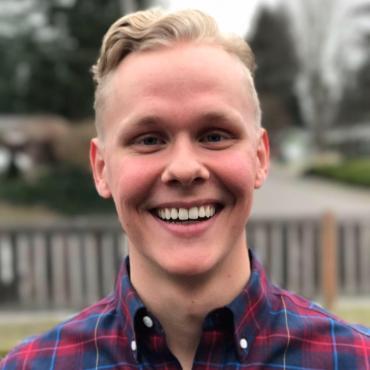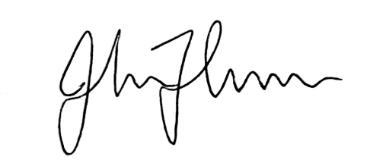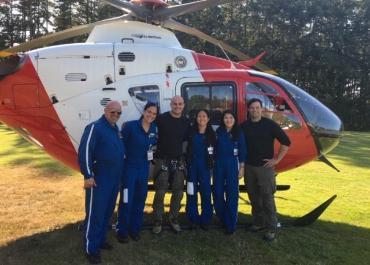 Congratulations on your graduation, Class of 2020!
Congratulations on your graduation, Class of 2020!
My name is John Fulmer and I serve as the president of the Seattle U GOLD (Graduates of the Last Decade) Council, which is a group of alumni volunteers organized to support your transition from the classroom to the workforce and your next 10 years. We aim to provide you with opportunities to stay connected with alumni and the university through community gatherings, service opportunities and professional development. As you transition into this next chapter of your life, remember that you are now part of the supportive and diverse community that is Seattle U GOLD.
The first few years of your life after graduation will be filled with challenge, excitement and growth. You might find yourself pursuing additional education, working full-time at a startup or nonprofit, or moving back home to support your families or local communities. Wherever you find yourself, you will employ the skills you developed at Seattle U to drive change and create a more just and humane world .
I stayed in the Seattle area and started my professional career at Boeing before quickly returning to Seattle U for a part-time graduate degree. After graduate school, I moved to Amazon, where I am currently working. While I felt lucky to live and work in a community that meant so much to me, I missed the service and engagement opportunities that I loved as a student at Seattle U. This is when I found Seattle U GOLD and got hooked on our incredible alumni community!
As you finish up your last finals and receive your diploma, I would like to invite you to join our new career and networking platform Redhawk Landing. Redhawk Landing connects alumni with students and other alumni for short- and long-term mentorship. Network within the community or meet alumni in your city or industry. . Additionally, find a complete listing of alumni and GOLD alumni activities by visiting our events page. To stay updated on all of our GOLD events and initiatives and to get involved, follow us on the GOLD Facebook and GOLD Instagram pages. We would love to see you engage with us.
On behalf of the entire Seattle U GOLD Council, congratulations on your achievement and welcome to life as a Redhawk alum!

John Fulmer, ’15, ’18
GOLD Council President

